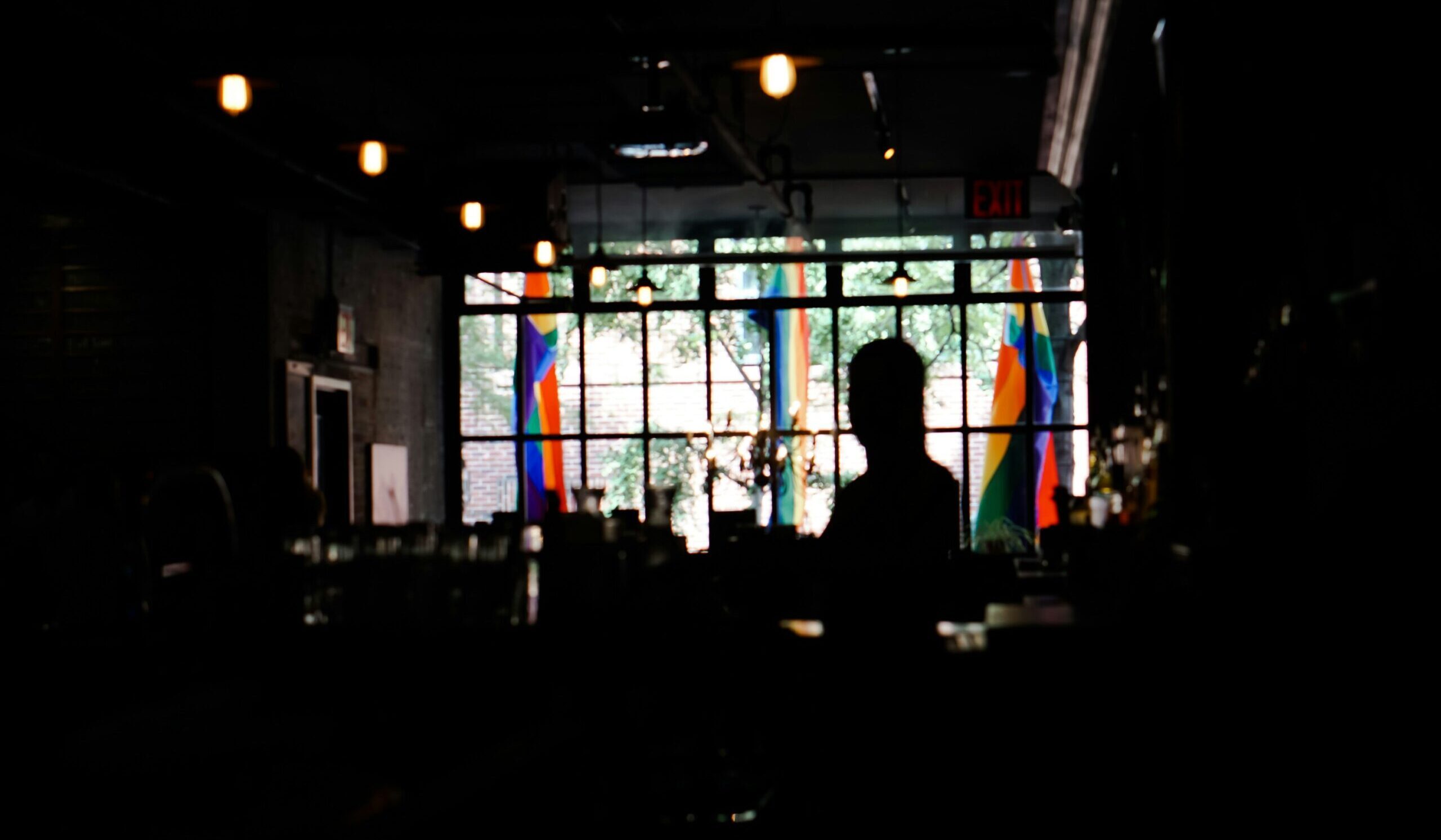For most of my life, being a part of the gay community was about survival. It meant finding a chosen family, solidarity, and finding safety and acceptance where the outside world refused to give it. It wasn’t perfect, but there was a sense that we were all in it together in the LGBTIQA+ spectrum, rich or poor, accepted or rejected, scarred or lucky. Today that balance feels broken.
When I first came out at 14, I went to a place called the Freedom Centre and found an environment that was welcoming, nurturing and genuinely empathetic. Having such positive role models instilled in me a strong sense of community. Since then, I’ve struggled to find the same experience. I don’t think anything like that exists for anyone my age group, in their late 30s and over.
In Western Australia, the gay community has been overtaken by cliques of people who thrive on wealth, status, and assimilation. The scene is polished and commercialised, dominated by the lucky ones who grew up with parents who accepted them, gliding through life with financial security, who can afford to treat queerness as an aesthetic rather than a wound. They occupy the visible spaces like clubs, gaymer groups, drag events and community leader roles. Their version of queerness is marketable, Instagram ready, and safe for mainstream consumption.
Meanwhile, those of us who come from poorer or religious backgrounds have been left behind and our realities expunged from existence. We carry scars from rejection, survival stress, and class struggle. We were once welcomed by the gay community because it understood hardship. Now we’re treated as pariahs in a culture that prides itself on being welcoming. If you don’t perform the right kind of queerness, calm, respectable, consumer friendly, you’re seen as unstable, messy, or embarrassing.
I dated a man who came from a rich family. He gaslit me while we were together, cheated on me, and continued to invade my life afterward, including as my bosses boss when we worked in the same company. Despite his manipulations, he was always seen as calm and respectable by others, which allowed him to avoid accountability.
Another ex was upper middle class and a covert narcissist. He acted perfect and respectable on the outside, but behind closed doors he was cynical and dangerous. In fits of rage he would throw things at the wall, spit on me and endanger both of us while driving. When I broke up with him, people assumed I had gone insane from drug use, when in reality I had been using drugs to cope with the life I endured with him. These experiences taught me very painfully that those who appear polished or privileged are rarely questioned, while those of us living closer to the edge are blamed for our survival responses.
After these relationships, I tried to build friendships and find a community. I discovered a whole new group of gay people who I got along well with, but due to my background, I ended up in the same cycle with a different group. I was exploited, isolated and belittled again. It felt like history repeating itself, and reinforced the sense that certain circles reward the polished, the wealthy, and the manipulative, while leaving the unlucky to fend for themselves.
For the past few years, I have been experiencing a great deal of hardship caring for a spouse with a spinal injury, which has only recently been treated by the public health system. We waited nearly three years for surgery with no support from family or the government, no acknowledgement of disability status or that he couldn’t work. For the past few years I’ve had to do everything from earning money to housework to caring for our three pets by myself. In the process, I discovered an inner strength that allowed me to see the truth of my own history. I was treated the way I was because people fear a truth teller. They manipulate narratives to suit their own egos. Even if no one else reads this, putting it down in writing has taken the weight off my own heart.
The cruel irony is that wealthier and conservative gay people often do violence while appearing civilised. They can backstab, exclude, manipulate, or gatekeep, but because they do it with a smile and calm voice, they’re seen as mature, respectable, even admirable. Meanwhile, poorer gay men, already living closer to the edge, can be easily provoked into anger, and the moment we raise our voices, we’re dismissed as irrational. Our trauma makes us sensitive and vulnerable, and our lack of coping skills is used to discredit us.
It feels like a sick rigged game. The very people who need community most are pushed out of it, while those who need it least dominate it. The safe refuge has been replaced by a narcissist’s supply market. The chosen family has been replaced by cliques of flying monkeys orbiting around whoever has the most social capital. The worst kind of people, those who thrive on control, exclusion, and abuse of others, are the ones who rise to the top.
I recognize I wasn’t always perfect, but I’ve always done my best to be a good person. This is my perspective on events that shaped my life and my place in the gay community. I feel excluded. I feel isolated. And I mourn what we’ve lost: a gay community built on solidarity rather than status, on survival rather than spectacle. Queerness was never meant to be this polished, this commodified, this toxic. It was meant to be a home for the outsiders. And right now it feels like the outsiders have been left out in the cold.

